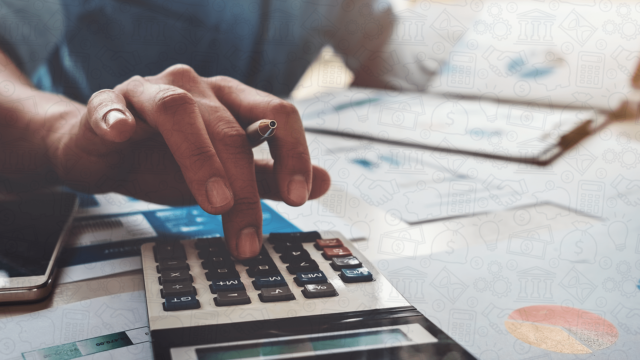6 steps to creating a payday routine
Payday routines vary from person to person and are dependent on the unique financial situations and spending habits that we all have.

Payday is always a welcome treat, whether it’s that day at the end of the month when the bank alerts you about the employer depositing your pay into your account or when the cheque for a project is cleared by the bank.
It is exciting, but without restraint and a money routine, it is easy to go-all-out on your hard-earned cash in the first few weeks or days. Creating a solid payday routine can help make sure you’re making the most of each paycheck as well as improving your financial independence.
Payday routine came to the fore a few days ago when Susan Wanjiku, a finance and investment professional, made a post on her social media page asking her followers to share their payday routines. Majority of the responses showed that very few people have a routine and those with one struggle with commitment issues.
“A pay-day routine is a series of things you do right after you get paid to ensure that not only are your expenses paid, but you are making progress toward your financial goals every month,” Ms. Wanjiku later wrote.
It is important to note that payday routines vary from person to person and are dependent on the unique financial situations and spending habits that we all have.
Here’s how to establish a payday routine:
Planning
Planning ahead of time will set you up for success. Have a list of the bills you pay beforehand, when they are due and the amounts owed. Know which pay period each bill is being paid from and consider spreading your payments equally.
Start with a budget
Budgeting is simply telling where your money will go every month and what your financial goals are. This may be money used for savings, investing, debt repayments, bills and leisure. Decide how much will go where and how often.
Set up necessary accounts
Diversify your saving accounts for higher yields. This could range from opening an expense account for your monthly transactions, a money market fund (MMF) for your emergency fund and sinking fund, a brokerage account for investing or a pension account for retirement planning.
Saving money categories can propel you to reach financial independence faster if you invest the savings.
Pay yourself first
Paying yourself first in this case means moving some money from your regular account to your savings account before spending it on something else. The key thing here is to not touch the money and to view it as future savings either by building an emergency fund or by building your investment portfolio.
Tie your savings to a goal
Coming up with a savings goal or a reason for saving will keep you on your toes so as to not spend the savings. Saving without purpose will have you blow your money at a whim. Your goals may be short-term or long-term, just tie them to something specific.
Prioritize expenses
Identify your ‘must pay’ expenses. Prioritize your bills between your needs and your wants and try to indulge in the wants less. Mandatory living expenses like rent, food and transportation costs can take the biggest portion of your income.
Once you have earmarked money to pay for your living expenses, you can include other essentials like loan and debt repayment, which could impact your credit report.
